
We kindly inform you that, as long as the subject affiliation of our 300.000+ articles is in progress, you might get unsufficient or no results on your third level or second level search. In this case, please broaden your search criteria.

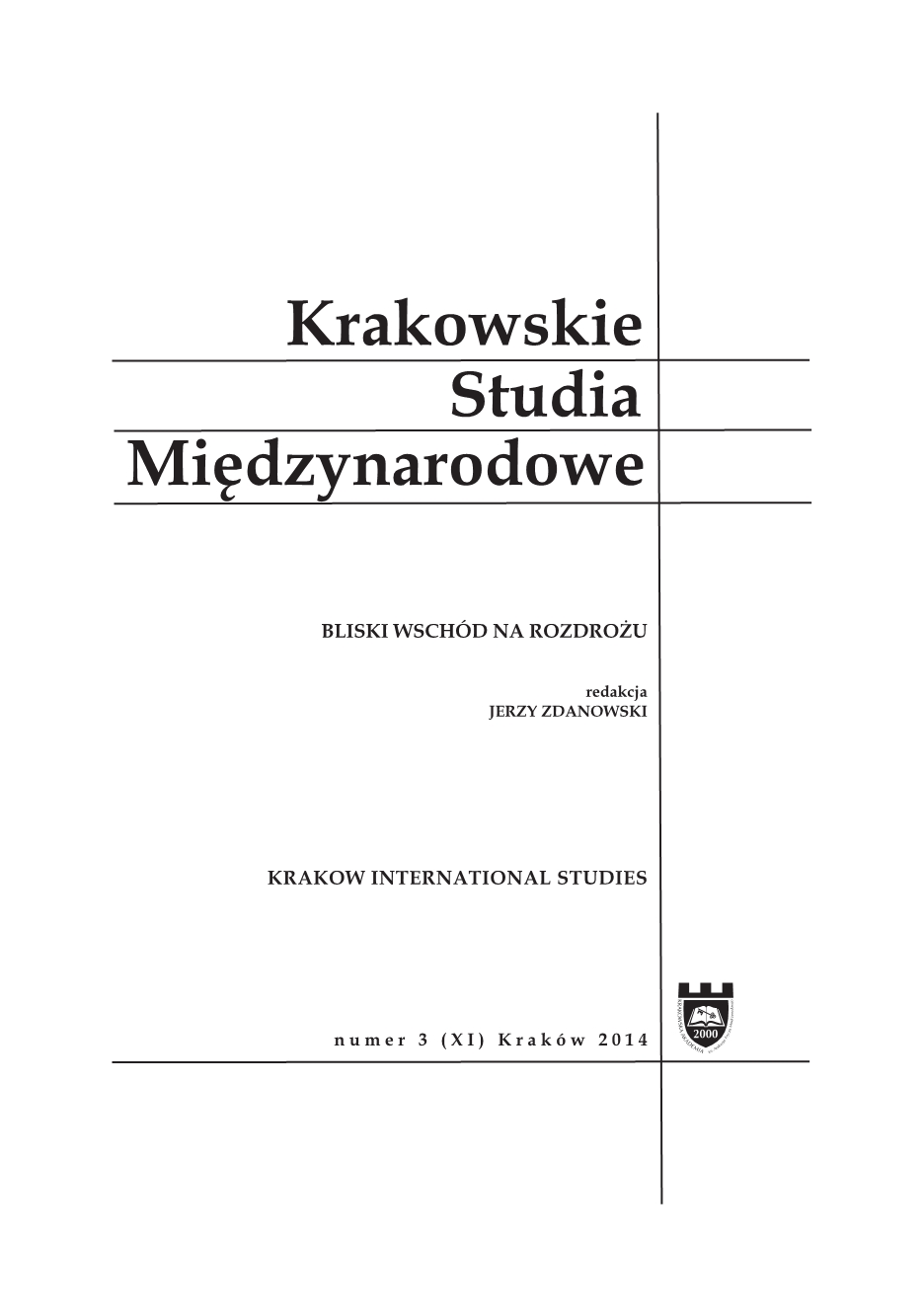
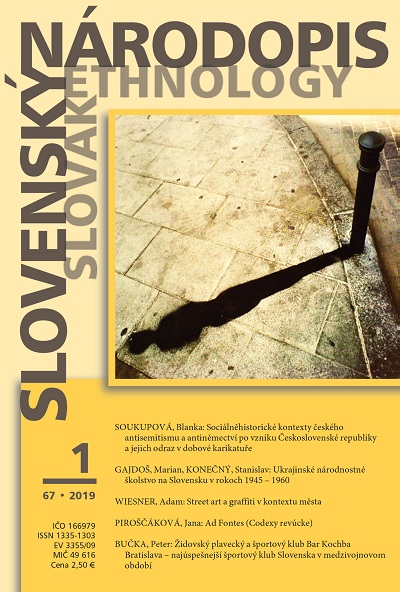
The paper presents data from interviews conducted in 2006–2007 with four repre- sentatives of the Prague street art and graffiti scene who worked in the Czech capital city at the beginning of the 2000s. Part of the article deals with creative activities in the Prague subway where most of the interviewed authors created their works. The author thus offers the perspective of the authors of the Prague street art and graffiti scenes and presents their view of the (il)legal works of art from around ten years ago in the context of the current discourse in social sciences. Over the last twenty years, this discourse has evolved to such an extent that it now enables to see the phenome- non of urban public works of art as a phenomenon full of paradoxes. Graffiti and street art therefore cannot be interpreted only from the point of view of legality or the art of resistance. Their definition must remain sufficiently open, since certain ambivalence, contradiction and ghostliness are characteristic of it equally as of life in a modern global city that is inherently tied to it.
More...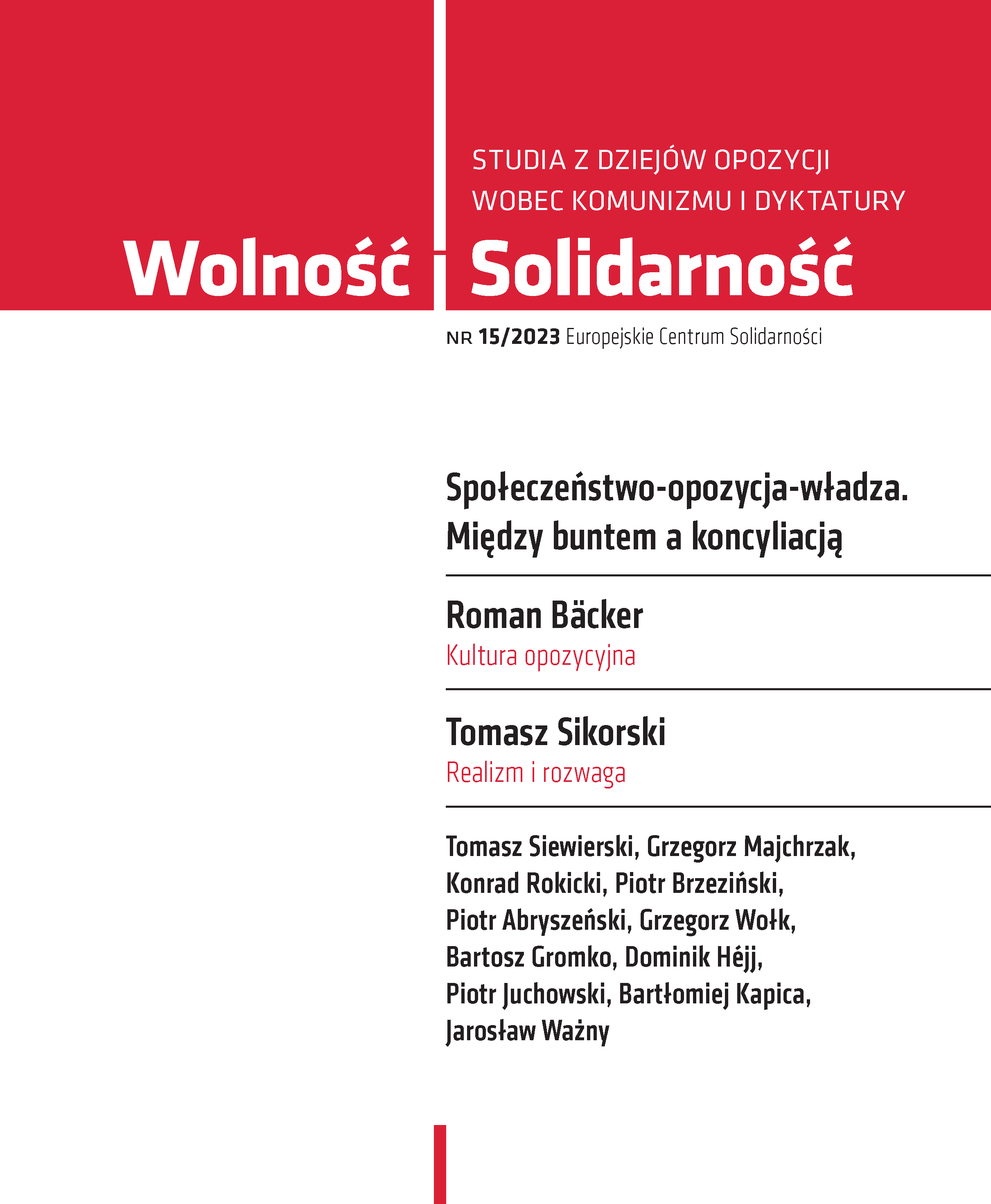
The aim of this text is to create a conceptual apparatus (a categorial grid) that would make it possible to explain all possible manifestations of oppositional culture in autocratic regimes. I distinguish two basic understandings of oppositional culture: social and domain-specific. The first is the totality of disapproval attitudes towards an autocratic political regime. The latter includes all manifestations of artistic creativity that are critical of the existing political regime. I distinguish three basic typologies of opposition cultures in the latter sense due to the following criteria: organizational shape, place of artistic expression and levels of negation of a given regime. The first typology concerning the organizational shape allows for the differentiation of opposition culture entities due to their numbers and the strength of social bonds created while performing this social role. The second typology makes it possible to define the space of freedom for the subjects of the opposition culture, and the third one – the level of refutation of a given political system.
More...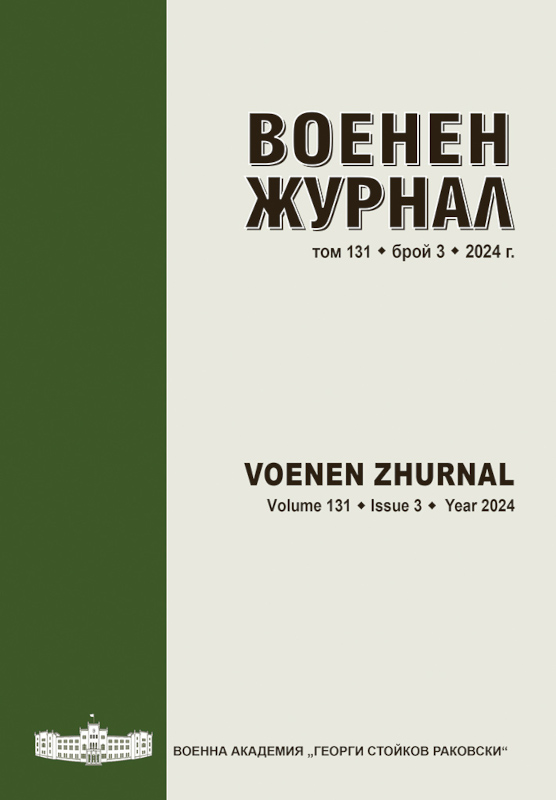
The focus of this article is the presentation of an exemplary conceptual model of a strategy for countering the hybrid threats of the Republic of Bulgaria. The emphasis is on the extreme need for its preparation, given the deepening theoretical knowledge and understanding of hybrid threats, as well as their expanding application in practical terms. Both the adopted legal framework and the established structures for deterring and neutralizing hybrid threats in NATO, the EU and partner countries have been examined. The most general conceptual recommendations for the preparation of the national strategy are given, and through a comparative analysis, the existing analogous documents in the Czech Republic and the Republic of North Macedonia are revised, the structure and content of which can be adapted according to the Bulgarian reality.
More...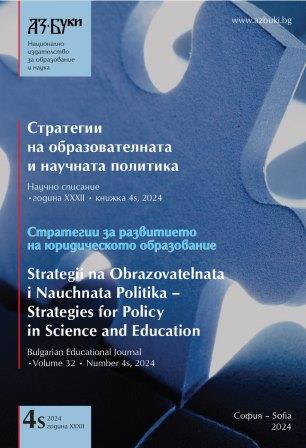
The issue of illegal migration has escalated into a critical concern for numerous nations, including Bulgaria. This article examines the consequences of illegal migration on Bulgaria’s national security, analyzing current data, policy measures, and socio-economic effects. The discussion highlights the diverse risks and threats associated with illegal migration and emphasizes the need for well-rounded strategies that address both security needs and humanitarian responsibilities. Illegal migration poses substantial risks to Bulgaria’s national security, affecting border integrity, economic stability, social cohesion, and international relations. A balanced approach that combines robust security measures with humanitarian responsibilities and international cooperation is essential for tackling these challenges. By implementing comprehensive strategies, Bulgaria can mitigate the threats posed by illegal migration while fulfilling its ethical and legal obligations.
More...
The need for association and cooperation in its primary forms is existentially determined, embedded in the human psyche and morality before it becomes a rationally realized expediency and long before it becomes a right. The right of association is a fundamental right referred to in the group of political rights and freedoms, economic rights, and personal rights. This right combines the liberal idea of individual freedom with the collectivist idea of uniting the efforts of more people to achieve certain goals; exercising the right of association is an expression of free will. The principle of solidarity is exploited by hegemonic state doctrines and governments – communitarian, totalitarian, religious-fundamentalist, nationalist, modernizations, which call for the solidarity of tolerating restrictions, the renunciation of freedom in the name of certain collective goals, as well as in the doctrines and practices of revolutionary violence. The Code of Administrative Procedure provides wide participation of organizations in the various proceedings, both before the administration and in judicial administrative cases.
More...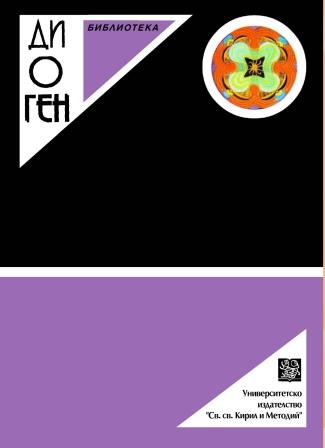
This paper tries to develop a tenable philosophical idea of Ubuntu as an endogenous construct for African socioeconomic and political development. The search for an African endogenous paradigm for sociopolitical and economic development is urgent given the real consequences of some dominant paradigms of alienation, exploitation, and marginalization. These values have altered or affected African behaviour and thinking. This transformation of the human person has raised issues about agency and the values underlying same. So, a development paradigm or philosophy of development for Africa or even the world at large requires an ethical basis for human existence in economic, political, and social order. Generally, social order in most parts of Africa is beset by the problem of a negative dominant social paradigm (DSP) or core social values of hatred, intolerance, the abuse of human rights, dehumanization, exploitation, authoritarianism, poverty, and oppression. This often leads to tension, violent conflicts, and wars. So, to build a viable and stable endogenous paradigm for development in most African sociopolitical environments we attempt to use the main pillar of interconnectedness among human beings which is central to Ubuntu as a social system and value system to underscore some key moral and democratic values required for human liberation and transformation. The research question is: What concrete elements or values of Ubuntu can be useful as paradigms of an endogenous African development? Specifically, our findings suggest that Ubuntu ethics is defined by a set of human values or qualitative correlates central among which are reciprocity, common good, peaceful relations, emphasis on human dignity and the value of human life as well as consensus, tolerance and mutual respect.
More...
The scale and magnitude of the COVID-19 catastrophe are daunting, especially in a lower-middle-income country (LMIC) like India. This study attempted to examine barriers and challenges in accessing COVID-19 services among vulnerable groups including women, children, elderly, persons with disabilities/co-morbidity/underlying medical conditions, and migrant labourers from sampled rural and urban areas of Vijayawada in Krishna district, Andhra Pradesh, India. A cross-sectional mixed method research design was adopted. Desk review followed by in-depth interviews using a purposive sampling strategy among 46 target respondents, including 25 beneficiaries and 21 Decision Makers/COVID Care Providers, was carried out. The outcomes from this study showedthat though testing capacity has surged, and services were made available there is a need to expand testing in rural areas, preferential deployment of WHO point of care diagnostic kits by outreach workers, enforcement of preventive measures, addressing misinformation on non-pharmacological interventions and sensitisation on COVID-19 vaccination. Public health services such as Immunisation, Reproductive and Child Health, Tuberculosis, and other non-COVID health services need to be strengthened, and existing measures on food and supplies for the vulnerable to be sustained.
More...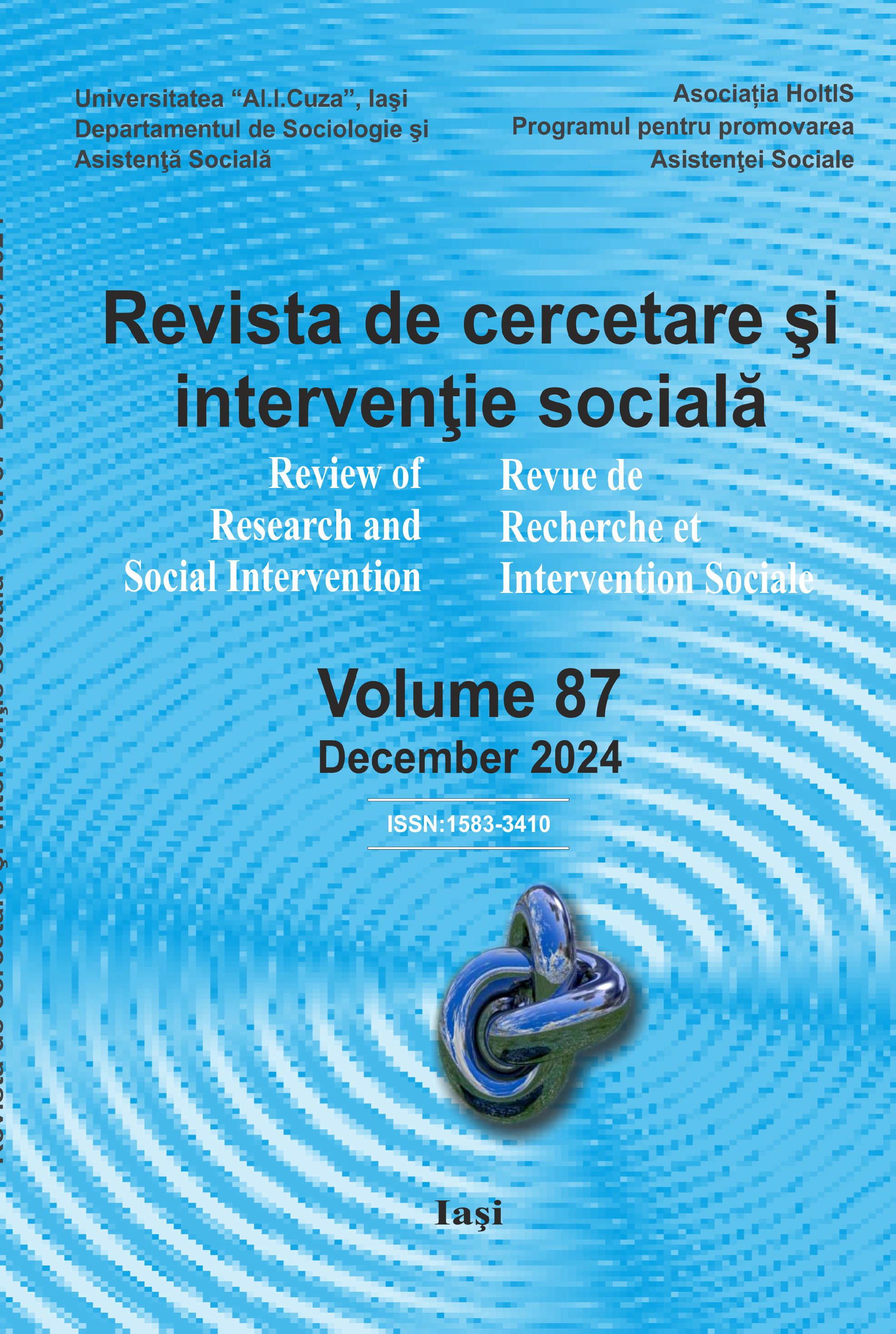
In crisis conditions characterised by war, which leads to critical changes in the functioning of power structures and financial losses for all spheres of the state, political and economic instability, limitations of the legal regime of martial law, the issue of interaction between the parliamentary coalition and state authorities is acute. The overall efficiency of state administration and governance in Ukraine depends on the quality of such cooperation. The mono-majority of the Servant of the People presidential party in the parliament, which was formed as a result of the extraordinary parliamentary elections in 2019, although it simplifies the decision-making process, is a threat to improving the role of the coalition faction in the formation of the government, legislative activity and parliamentary oversight. This study aims to identify bottlenecks and critical factors of inefficiency by analysing the constitutional and legislative framework that regulates the duties of the coalition faction. This study aims to identify bottlenecks and critical factors of inefficiency by analysing the constitutional and legislative framework that regulates the duties of the coalition faction. Given the imperative for a systematic approach to legislative planning and the pivotal role of the coalition faction in parliamentary oversight, the significance of the influence of coalition France on the stability and efficacy of governance is evident. Positive developments in this direction will ensure the transparency and long-term effectiveness of the current government in Ukraine.
More...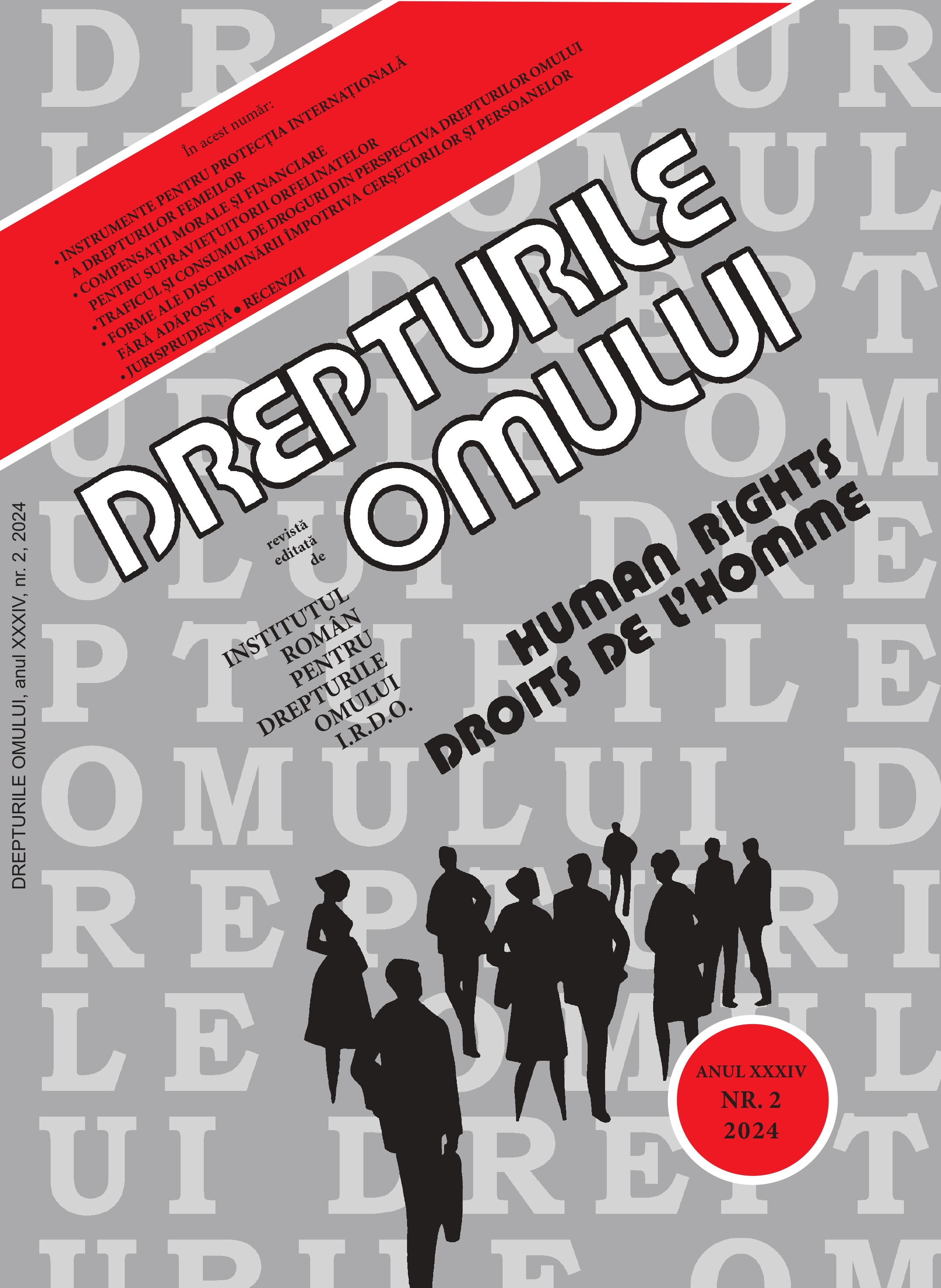
Racism does not always manifest in the form of overt acts such as racial violence or hate crimes, which are visible, explicit, and easily identifiable. Rather, it is deeply embedded within the very fabric of society, operating through the structures of social, economic, and political institutions. This systemic form of racism results in unequal treatment and perpetuates ongoing disadvantages. The current report examines these widespread systems of inequality, which affect both individuals and particular communities at a structural and institutional level, specifically focusing on structural and institutional racism. Its purpose is to analyze the situation in eight EU member states (Czechia, Germany, Greece, Latvia, the Netherlands, Romania, Spain, and Sweden), to present an overview of the current state of affairs, and to provide a preliminary set of recommendations for both national and European authorities.
More...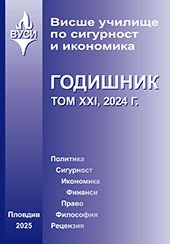
The Polluter Pays Principle is a fundamental concept in environmental law that aims to ensure that those who cause environmental damage bear financial responsibility for preventing and remedying it. In the context of global efforts to address climate change, this principle plays a key role in promoting sustainable development and environmental protection. The report analyzes the implementation of the principle in Bulgaria and the European Union and examines the results of the implementation.
More...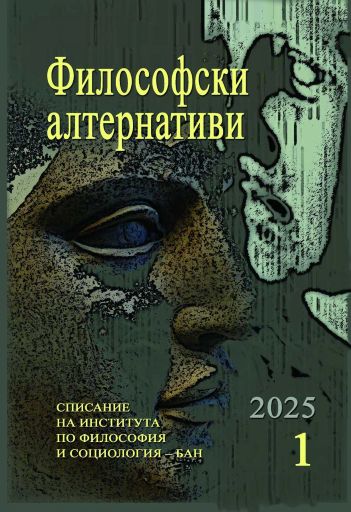
The COVID-19 pandemic has ushered in profound cultural and political metamorphoses of the imagination, interpretation, and organization of the immunization complex of state and society. Starting from the premise that these immunitary transformations tend to become the disciplining norms/standards, this paper seeks to profile their general attributes. First, it detects the discrepancy between the metanarratives of the pandemic’s universal biomedical natural course and symbolically heterogeneous vernacular narratives of the pandemic’s cultural courses. The semiurgic production of the pandemic, i.e. authentic COVID-19 cultures, is one of its most important characteristics. Second, it detects the discrepancy between the “pathogenization of politics” and the “politicization of pathogens”. While the technocratic “pathogenization of politics” involves the engagement of default state platforms, the “politicization of pathogens” is the process of designing new political platforms of biopower. Finally, COVID-19 leads to the perpetuation of the pandemic extra-legitimacy of ruling structures and the recomposition of biological identity from individual protection toward collective protocols. A general attempt to discursively essentialize the biomedical component, to normalize the “state of exception”, affords us the possibility to define any post-COVID-19 state/society governance and organization as a democratic, authoritarian, or hybrid “coronocracy”.
More...
This current paper is motivated by the attempt to explore the critique of aestheticism in Oscar Wilde’s The Picture of Dorian Gray, focusing on the protagonist’s obsession with beauty and its tragic consequences. Through Dorian's pursuit of external perfection, Wilde critiques the aesthetic movement, which shows beauty as the ultimate ideal while disregarding moral and ethical responsibility. The novel reveals the dangers of this philosophy, highlighting how an obsession with beauty can lead to self-destruction, as exemplified by Dorian’s relationship with his portrait. The portrait serves as a symbol of Dorian's soul, reflecting the degradation of his character while his physical form remains unchanged. Critics, including Josephine M. Guy and Richard Ellmann, emphasize how Wilde uses Dorian's duality to expose the limitations of an ideal that privileges beauty over morality. The essay argues that Wilde’s portrayal of Dorian’s downfall offers a cautionary tale about the dangers of vanity and self-love, echoing the myth of Narcissus. Ultimately, the novel critiques a society that values external appearance over the moral integrity of the self, demonstrating that beauty, divorced from ethical considerations, leads to moral decay and personal ruin. Through this, Wilde presents a modern reinterpretation of the Narcissus myth, warning against the destructive nature of vanity.
More...
Migration is an inevitable global phenomenon that reflects people's needs and aspirations for a better life. Proper migration management can turn this process into a factor of progress and development for all parties involved. Brain-drain migration is one of the existing migration types, and as a result, the concept of brain-waste is also divided. In addition, migration may be temporary or definitive, voluntary or involuntary. Despite not being legally regulated, migration caused by environmental conditions has become an increasingly prevalent topic in specialized works.It is essential that states and communities work together to find solutions that respect the rights and dignity of migrants while contributing to the well-being of their host societies. Regardless of the type of migration, this phenomenon remains a global challenge with a profound impact on society and the economy. While the destination countries take advantage of the talent and knowledge of specialists, the origin countries lose essential resources. An integrated strategy, including internal policies and international cooperation, is necessary to balance the effects of this phenomenon.
More...
The emergence of AI into the mainstream media at the end of 2022 is not by far the first instance of AI for free use and interaction with the general population. However, it is the first time marking the emergence of an AI that can follow prompts and construct texts that mimic the writing of humans, emulating a journalistic style in writing texts that can, with ease, be attributed to a person. The refinement of the query the person inputs into the chat bar is not only taken into account (to varying degrees of success), but the AI remembers the previous prompt, and can perfect it if the person interacting with it so requires and requests. The result in the educational field is, of course, that numerous students resort to the Chat-GPT AI for the elaboration of their essays, as well as for the purpose of cheating during tests. However, certain impediments arise in the usage of such methods. Namely, Chat-GPT does answer the query of the person soliciting information, however, it is not always correct, though it is delivered with the pretense of correctness. Moreover, there have been several tools developed with the purpose of identifying the origin of presumably human-written texts, such as Turnitin’s AI-detection tool. The present paper aims to discuss the issues arising from this Generative Artificial Information with respect to academia and academic integrity, with a focus on student assessments and how they need to be modified in order to account for the existence of such tools that facilitate plagiarism.
More...
This article analyzes the procedural guarantees and the fundamental rights granted to minors in the context of deprivation of liberty in Great Britain and the United States of America, compared in some instances with Romania, as well as the legislative framework and practices applied in each jurisdiction. Through the comparative analysis, the article identifies significant similarities and differences in the approach to the protection of the rights of minors deprived of their liberty, highlighting good practices and legislative or practical gaps. The conclusions argue in favor of the adoption of common minimum standards at the international level, which would ensure respect for the fundamental rights of juveniles deprived of their liberty, regardless of jurisdiction.
More...
Within the present scientific approach, an analytical dissection of the mechanisms operating in the matter of deprivation of liberty in the Anglo-Saxon law system is carried out, with relevance for both the theoretical and the practical field of law. The procedural phases are examined sequentially, from the act of initial detention to the measure of preventive detention, by referring to the relevant legal framework (for example, PACE, Bail Act) and jurisprudential interpretations. In addition, the article investigates controversial aspects, such as the maximum duration provided for detention, the assessment criteria for granting bail and the issue of protecting the rights of people facing vulnerable situations.
More...
The world is constantly changing, and this process does not tend to be smooth. Religion is involved in this dynamic. The study aims to clarify the dimensions of the concept of cosmopolitization. Cosmopolitization is not the same as globalization. Globalization is something that somehow takes place outside a cultural, religious, national identity. Cosmopoliticization, by contrast, takes place 'inside', in the realm of the nation, the local, and even one's own biography and identity. The tendency of cosmopolitization is to dissolve the duality between global and local, national and international, and to merge them into new forms to be empirically analyzed. Cosmopoliticization refers to the erosion of borders that separate states, civilizations, cultures, religions. Borders have not disappeared, but they have become fluid, allowing flows of identity to pass from one side to the other. Cultural and religious differences are neither hierarchically organized nor dissolved but accepted for what they are and even positively affirmed.
More...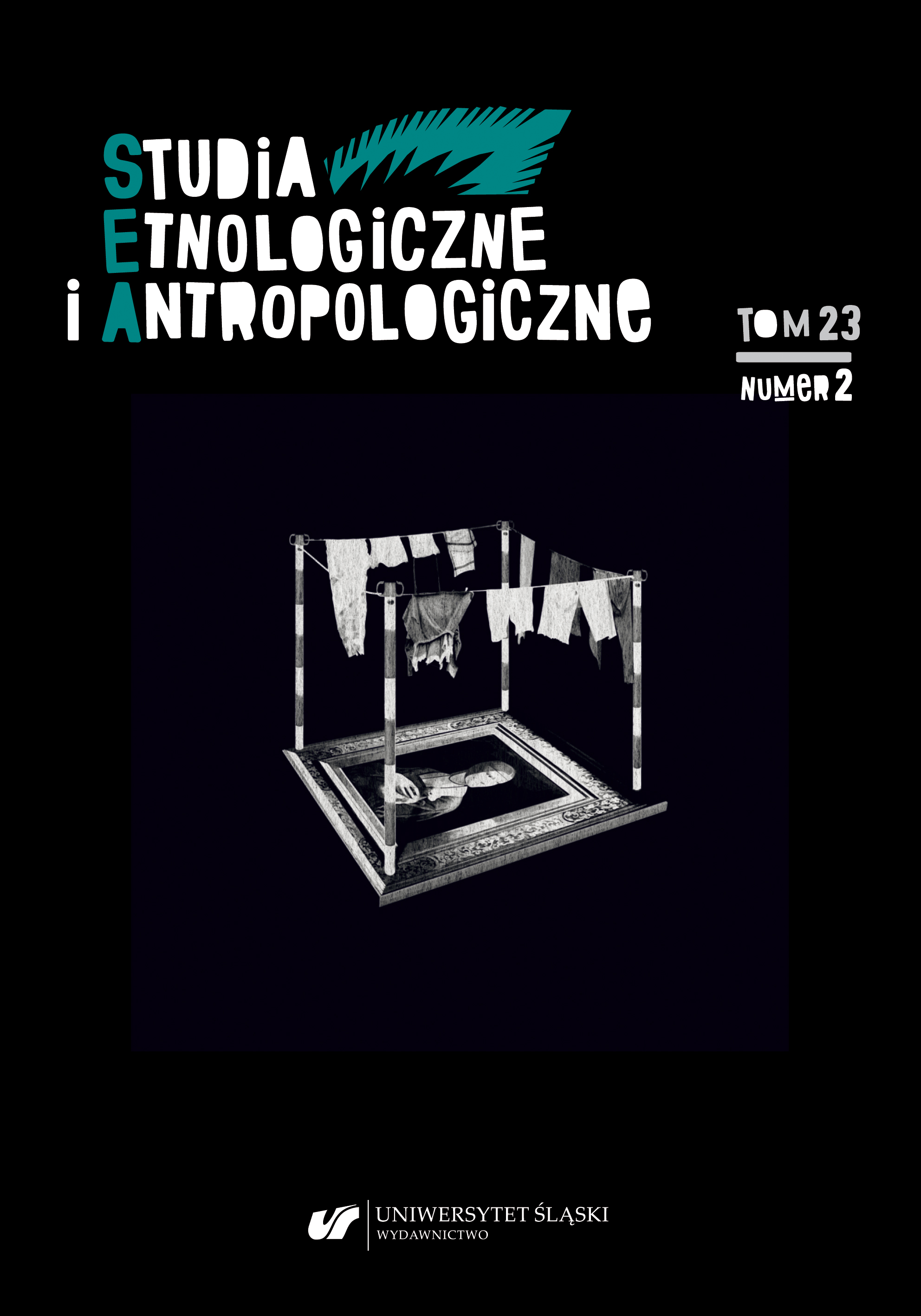
Searching one’s own identity in a foreign culture is one of the indispensable elements of the modern world. The purpose of this paper is to characterize the way in which cinéma de banlieue portrays dominant problems faced by immigrants in everyday life in France. Methodologically, the article is based on the research tools proposed by Manon Grodner and centers around three domains of public discourse, such as democracy, society and laicity. In particular, the focus is on the antagonistic picture of men and women. The research covers the period from 1995, the official date of the beginning of this cinematic movement, to 2019, the year of the release of the film Banlieusards.
More...